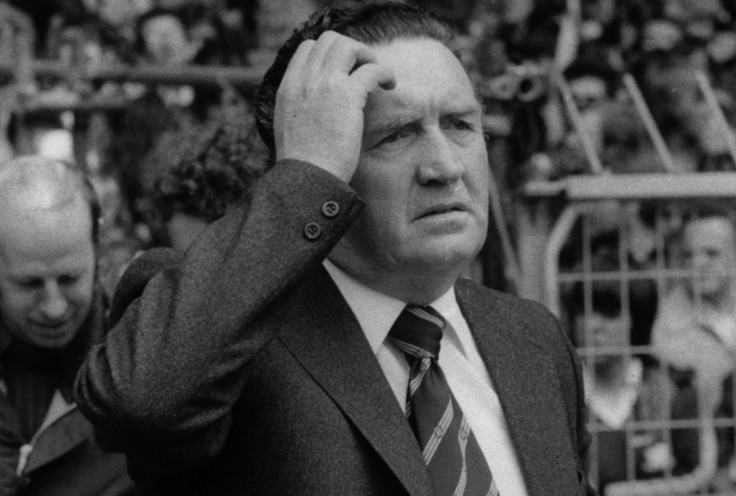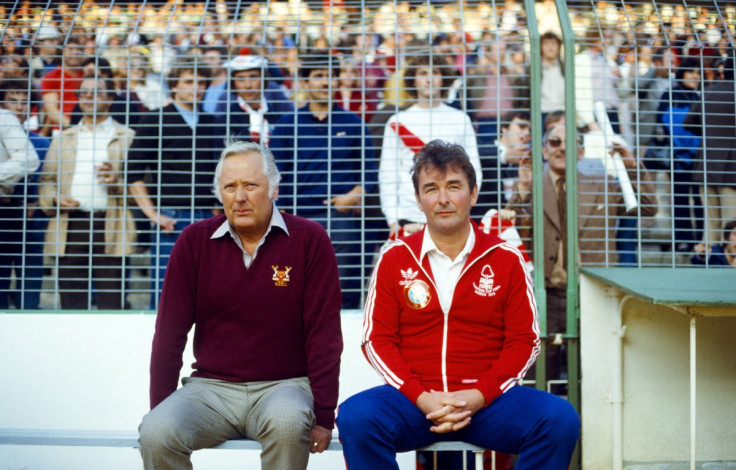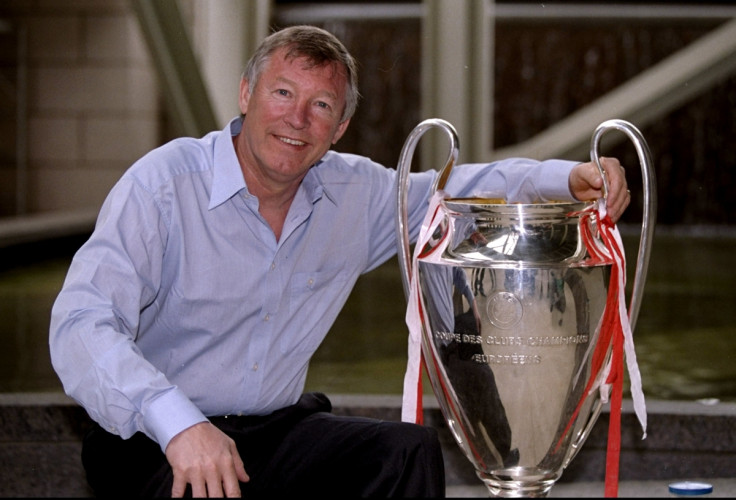Leicester City win the Premier League: Claudio Ranieri's side's page in British football history

What do Cecil Potter, Jock Stein, Brian Clough, Sir Alex Ferguson and Arsene Wenger each have in common? Apart from being among the most decorated individuals in their sport, they can each claim to have orchestrated and influenced the finest achievements in British football history.
Potter managed Huddersfield Town to the last of their three successive Division One titles – the first club to achieve the feat. Herbert Chapman abandoned the Terriers for Arsenal at the end of the 1924-25 season, but Potter took over as they beat their former manager to the title by five points – decades before three points were awarded for a win.
In 1967, British clubs' uncertain journey in the European Cup ended when Celtic – a squad almost entirely made up of players born less than 10 miles from Parkhead – won the continent's biggest prize. This was not just a team with home-grown players; it was the lifeblood of the east end of Glasgow taking on Europe's elite.

Inter Milan, winner of the competition in two of the previous three seasons, represented the well-fancied opponents with the Catenaccio system – a philosophy only behind tiki-taka and 'gegenpressing' in terms of notoriety – adopted by Helenio Herrera and implemented to deadly affect. The Lisbon Lions conquered the much-famed strategy in a watershed moment for British football.
A decade later and it was the turn of Nottingham Forest to follow a script more befitting of Championship Manager than the professional game. The team, managed by the late Brian Clough, went from the Second Division to successive European Cups in the space of four remarkable seasons. Plucking players from the lower divisions, as well as breaking the British transfer record with the £1 million addition of Trevor Francis, Forest went on a breathtaking run that may never be matched.
Recent examples of football defying the odds include Manchester United completing the first Premier League-FA Cup-Champions League treble in the 1998-99 campaign, and Arsenal going the entire 2003-04 league season unbeaten playing some of the most stylish football seen on these shores. At last however, there might be an achievement to more than match.

Leicester City are the compete paradox of the conventional title winner. In the absence of quick, ball-playing centre backs, they sit deep and soak up pressure, with dependence on their pressing and ball-winning abilities from front to back. Without creative geniuses, the onus has largely been on a kick and chase policy, while their manager has adopted an arms-length approach to coaching, preferred to act as cheerleader rather than shrewd tactician.
But the unorthodox nature of their successful title challenge has been part of the attraction. Coupled with the status as the 5,000/1 underdog, Leicester's success can be measured in the amount of teams they have breathed new life into from next season. Dozens of clubs, perhaps even those newly promoted, can dream of replicating the Foxes blueprint. In a division effervescing with sterility, Claudio Ranieri's team have single-handedly revived the fortunes of dozens.
The legacy from Leicester's first-ever league championship could be a season that may rank among the most exciting in recent memory. It should inspire their rivals who have been given a bloody nose this term and ensure they do not regress further. The question is, where do Leicester sit at the table along with Huddersfield, Celtic and Forest?

Taking the season in isolation (Forest's success was built over a four-year period), the greatest differential is the chasm between Leicester and their competitors. The great challenge that faced Huddersfield, Celtic and Forest was the progressive reputations of their rivals. The Foxes faced both that, and a fiscal supremacy that would dwarf the GDP of most EU nations. Combined together, and it is impossible to ignore the King Power Stadium club as having claimed British football's stellar achievement.
But does it matter? Is this not just a benign debate for the idealists, the Fifa addicts, tabloid hungry, rumour-mill junkies who deal in fantasy rather than tangibles, and thrive on endless pub debate? Perhaps, but give thanks to Leicester that this exchange is even a reality. They have given hope to those without hope.
© Copyright IBTimes 2024. All rights reserved.







